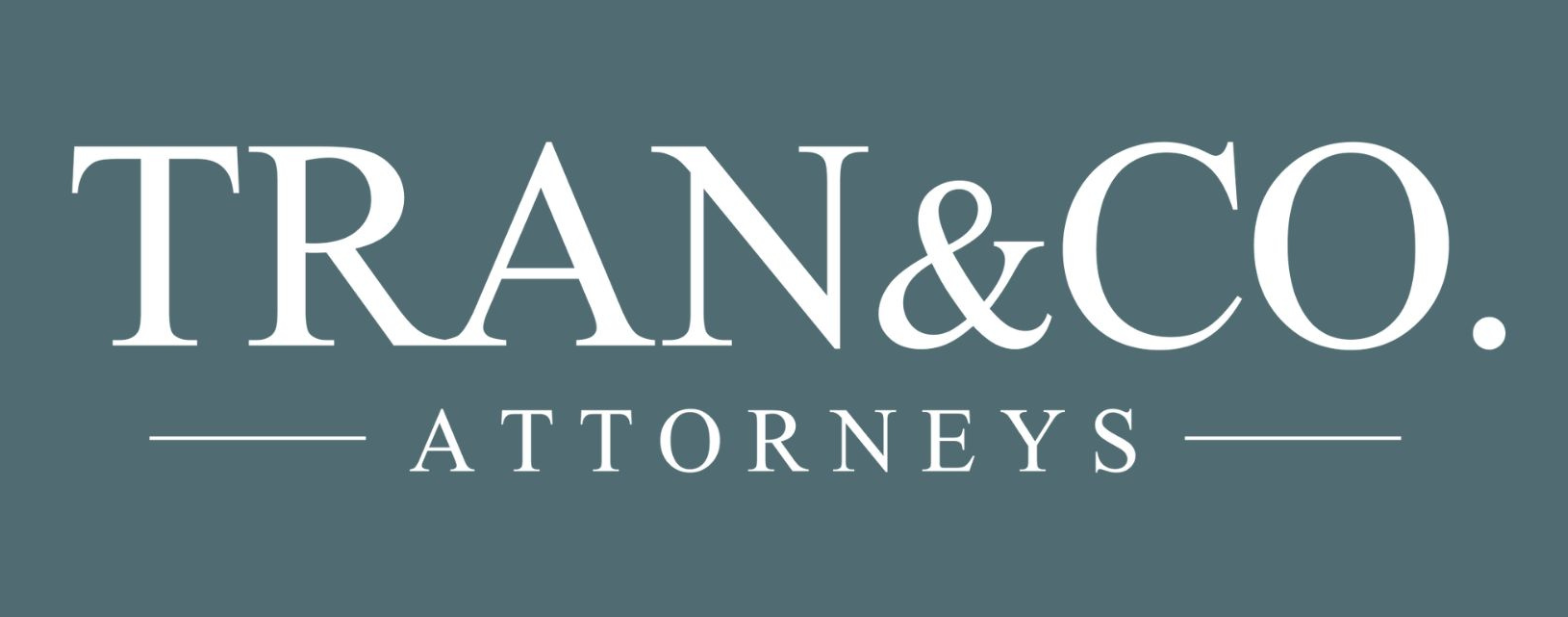Official promulgation of Decree No. 219/2025/ND-CP: New Regulations on Foreign employees working in Vietnam
Effective date: 07 August 2025 – Replacing: Decree No. 152/2020/ND-CP and Decree No. 70/2023/ND-CP
After an extensive public consultation process, the Government has officially promulgated Decree No. 219/2025/ND-CP (“Decree 219”) on foreign employees working in Vietnam, which fully replaces Decree 152 and Decree 70. Decree 219 is considered a significant reform, aiming to relax market access conditions, simplify administrative procedures, while tightening control over certain misapplications of employment arrangements that have arisen in practice.
I. Removal of the classification “expert, executive director, technical worker” – Simplification of employee categorization
Decree 219 abolishes the categorization of foreign employees into “manager, executive director, expert, technical worker,” which was previously stipulated under Decree 152 but caused numerous difficulties in determination and proof. Instead, foreign employees are now identified based on the form of “intra-corporate transferees from foreign entities to Vietnam.” This approach reflects a more open and flexible method of determining employment forms for foreign employees, aligning with international practice and the actual needs of enterprises.
II. Adjustment of qualification and experience requirements – Expanding opportunities for foreign experts and engineers
The Decree specifies and relaxes professional qualification and work experience conditions for foreign employees:
- Expert: Required to hold at least a bachelor’s degree relevant to the position in Vietnam and possess a minimum of two years’ work experience (reduced from five years previously). The definition of expert is also expanded to cover fields such as finance, science, technology, innovation, and national digital transformation.
- Technical worker: Required years of experience reduced to two or three years, depending on the case (previously five years).
- Executive director: For the head directly managing a division, at least three years of relevant experience; in other cases, at least five years of experience.
This reform is a pivotal measure to attract highly qualified human resources, while reducing costs and administrative barriers for enterprises employing foreign labor.
III. Expansion of exemption from work permit requirements
Decree 219 broadens and simplifies conditions for exemption from work permits (WP): foreign employees whose cumulative working time in Vietnam does not exceed 90 days per calendar year shall be exempted from work permits, with no restriction on the number of entries (unlike the current limit of three entries per year, each not exceeding 30 days).
This new rule provides greater flexibility for enterprises and foreign specialists engaged in short-term assignments or project-based consultancy, particularly in technology and foreign investment sectors.
IV. Streamlining procedures and administrative formalities
The Decree introduces significant reforms in the work permit application process:
- Abolishing the separate requirement for a foreign labor demand report and work permit application dossier – enterprises now submit a consolidated form, simplifying the procedure.
- Allowing online submission of dossiers, including requests for criminal record certificates and work permit or exemption applications.
- Employers are only required to submit copies of employment contracts upon request by the competent authority, instead of mandatorily attaching them to the dossier.
These adjustments align with the Government’s orientation towards digital transformation and administrative simplification.
V. Clearer and more flexible requirements for supporting documents
- Proof of “executive director” position: may include one of the following – branch/representative office/business location registration certificate; company charter or organizational structure document; or confirmation of experience from the foreign entity.
- Proof of “manager” position: may include the company charter, appointment decision, establishment license, or equivalent documents confirming managerial status under the Law on Enterprises.
Notably, where a work permit or work permit exemption certificate has previously been issued, such documents may be used in place of experience certificates, thereby saving time and reducing procedural burdens.
VI. Other notable adjustments
- Employers are only required to submit employment contracts when specifically requested by the licensing authority (instead of mandatorily).
- Where a foreign employee works in multiple provinces/cities, the employer must notify the Department of Labor of the relevant locality at least three days in advance.
- According to Form No. 03 of the Annex attached to Decree 129, employers remain required to advertise recruitment of Vietnamese employees; however, such advertisement shall be conducted in accordance with Clause 1, Article 11 of the 2019 Labor Code.
Conclusion
Decree No. 219/2025/ND-CP marks an important milestone in improving the legal framework governing foreign employees in Vietnam, striking a balance between the need to attract international experts and the State’s objective of transparent and effective management. By reducing administrative burdens, expanding exemptions, and adjusting qualification/experience requirements, the Decree enhances Vietnam’s labor market competitiveness while aligning with broader administrative reform and high-quality workforce development strategies in the context of deep economic integration.
Nevertheless, effective implementation will require enterprises to strengthen compliance capacity, establish robust human resources governance mechanisms, and adapt to a dynamic legal environment. During the transitional phase, enterprises should exercise caution in interpreting new concepts, apply regulations flexibly, and maintain reliable legal advisory channels to mitigate risks and optimize cross-border human resource management.
